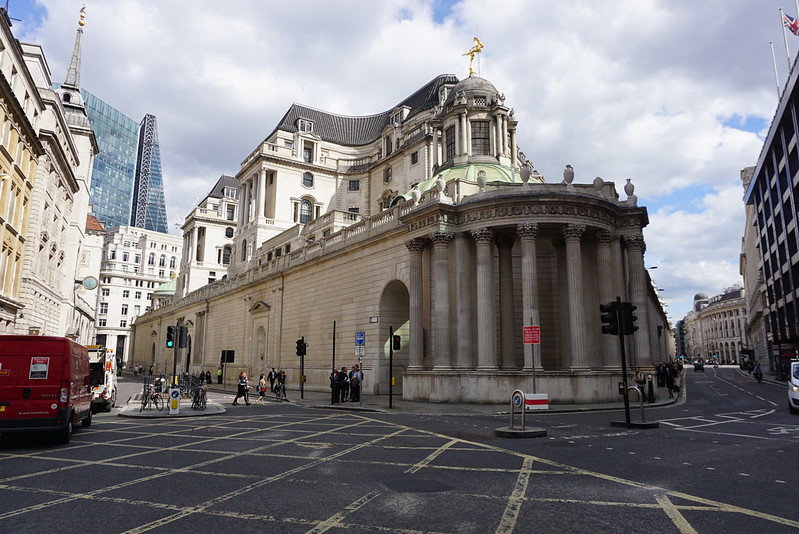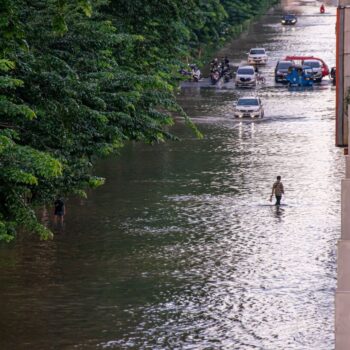Watch the recording:
LCAW Sustainable Recovery Event summary
This event was the final webinar in a series hosted by E3G, the SOAS Sustainable Finance Centre, the SEACEN Center and the Bennett Institute, Cambridge University, under a project funded by the INSPIRE network. The webinar was introduced by Kate Levick, Associate Director, Sustainable Finance, E3G and was chaired by Ulrich Volz, Director of the Centre for Sustainable Finance, SOAS University of London.
Ronadol Numnonda, Deputy Governor of the Bank of Thailand, explained the substantial impacts on Thailand from the economic impacts of the pandemic and from climate change impacts. The Bank has made ensuring sustainable growth one of the priorities in its ten-year strategy and sees economic resilience as a crucial goal to ensure financial stability.
A panel discussion then featured:
- Mangal Goswami, Executive Director, SEACEN Center
- Dimitri Zenghelis, Project Leader, Wealth Economy Project, Bennett Institute, University of Cambridge
- Nick Robins, Professor in Practice for Sustainable Finance, LSE Grantham
- Claire Healy, Director Washington DC Office, E3G
Mangal Goswami provided an overview of activities being undertaken by central banks in the Asia region. Banks are using a range of green finance tools. Progress on integrating sustainability into operations is being slowed by pandemic, which has reduced fiscal space and created a wave of financial impairments that threaten financial stability.
Dimitri Zenghelis set out a compelling vision of the economic opportunities to be gained setting policies that restore confidence and create competitive advantage. His key message was the importance of central banks and fiscal authorities working in partnership to drive economic restructuring.
Nick Robins said that crisis responses so far have not treated sustainability as a mainstream issue, although the pace of change has been extraordinary. He sees nature-related risk as the next financial frontier and advocates a double materiality approach.
Claire Healy spoke about the rapid rate of change in the United States. The government aims for close coordination between monetary, prudential and fiscal authorities. Despite the complexity of the regulatory landscape we can expect to see the Federal Reserve move fast and catch up with other countries on climate change.
Ulrich Volz closed the event by highlighting issues still to be addressed by central banks and financial supervisors, including unsustainable taxonomies, approaches to materiality, transatlantic diplomacy and economic transition for fossil-dependent economies.
Today’s LCAW sustainable recovery discussion demonstrated that there is a clear role for these actors to ensure the sustainability of economic recovery.


